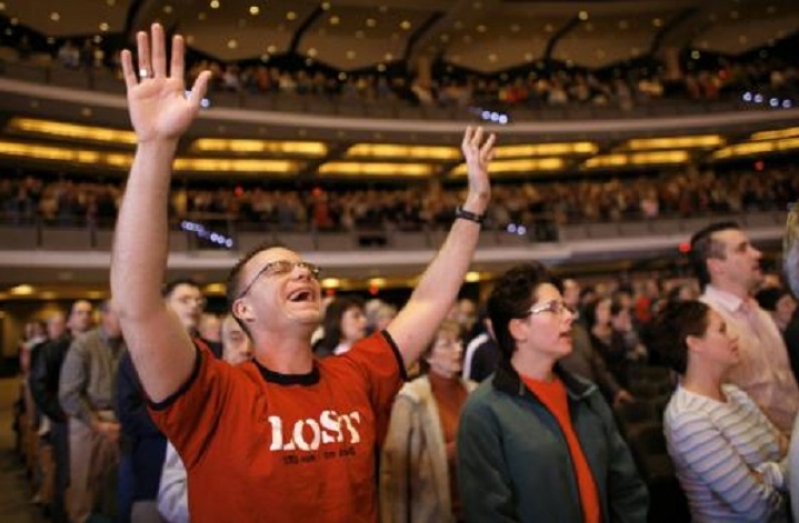
A 2015 study found that millennial Christians are leaving the church in droves. According to Pew Research Center, almost all Christian groups have experienced a decline in number primarily because the millennials are turning their backs on the church.
Some people wrongly assume that these millennials are turning away from the church because they don't find the church relevant, they think the songs are old-fashioned or they are bored with the worship service.
However, Thom Rainer, researcher and president and CEO of Lifeway Christian Resources, discovered that millennials are leaving the church in search of three things they consider important.
The first has to do with worship songs. Contrary to popular belief, millennial Christians are not necessarily attracted to hip and loud modern worship songs. Instead, they want worship songs that resonate with deep biblical truth, songs that have "rich content."
It's actually not about the style of singing, but the lyrics of the songs they are singing.
"They desire to sing those songs that reflect deep biblical and theological truths," Rainer wrote on his website. "It is no accident that the hymnody of Keith and Kristyn Getty has taken the Millennials by storm. Their music reflects those deep and rich theological truths."
Aside from seeking biblically sound worship songs, millennial Christians are also looking for an "authentic" church. This means they will turn their backs on churches where the activities, especially the worship services, are done perfunctorily.
"They can sense when congregants and worship leaders are going through the motions. And they will reject such perfunctory attitudes altogether," Rainer said.
Finally, millennials are looking at the quality of the worship services they attend. They want to see that spiritual leaders truly take time to prepare for their preaching not just in study but also in prayer.
For them, the authenticity of a church will reflect the quality of the worship service it holds. Millennial believers and non-believers alike are attracted to churches that prioritize the preaching and teaching of the Scriptures.
"This large generation does want a quality worship service," Rainer wrote. "But that quality is a reflection of the authenticity noted above, and adequate preparation of the worship leaders both spiritually and in time of preparation."
"Their focus is on theologically rich music, authenticity, and quality that reflects adequate preparation in time and prayer," he added.
Millennial Christians are also attracted to churches that serve their communities, and they want to see less of churches that only give attention to their members.
"They are attracted to churches whose focus is not only on the members, but on the community and the world. Inwardly focused congregations will not see many Millennials in their churches," Rainer said.
As it turned out, millennial believers are not the only ones who seek authenticity in the church. Josh Packard, author and sociology professor at the University of Northern Colorado, said certain people are leaving the church in search of authenticity.
He called them the "dones." These are the ones who, for one reason or another, are done with the "institutionalized church" but have continued in their walk with God and lived out their faith by serving their communities.
Many of them were once active in their churches but felt "stifled by the church structure" and eventually decided to leave, he said.
"Dechurched individuals might lament the loss of an institution they once loved and served, but that doesn't stop them from expressing their faith once they're gone," Packard wrote in Christianity Today.
The "dones" are a challenge to the church, he said.
"Will churches be vibrant, indispensable guides in helping people find meaning in life and make a difference in the world? Or will they continue to alienate some of their most passionate members?" Packard asked.






